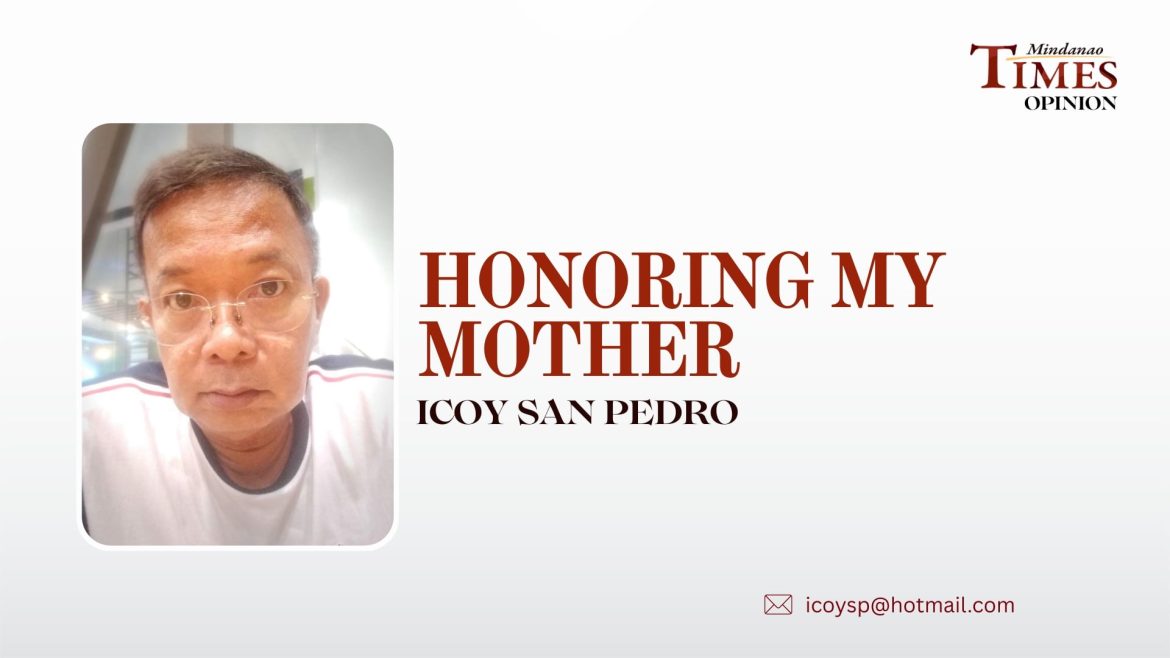As Mrs. Dango, our speech teacher in college, used to say, unless people stop speaking it, language ‘lives on’. I guess she also meant to include that, just like other living entities, language will naturally, through time, shed off old unusable skin in order to grow a new one. A case in point of this might perhaps be how we converse in the realm of social media.
If one were to take the time to pore through its countless threads included in comments and conversations, it would seem that even with English as the medium, people sound as if they’re speaking in tongues most of the time.
Given that it’s true each generation contributes to any language’s ever-growing tome, the birthing of slang for one, always proves to be faster than the speed and service of one’s internet provider. For example, one dire scenario, like getting caught in the middle of a convo with younger generations, is akin to hearing a private joke when you’re just an outsider. The feeling is also like being left out in the cold or trying to gain entrance without a visitor’s ID.
Granted, developing situations such as these may have been common even before the advent of the Internet, but the possibilities of being awkwardly plunged into the midst of such instances have now more than tripled, just by being online. Connectivity may have indeed brought all tribes together, and we’ve each been given a microphone so we could say our piece.
One downside, perhaps, the introduction of generation-based terminology subtly, through time, affects already existing conversation modes. The popular use of acronyms (like lol or btw), puns, and throwback slangs used by earlier generations, etc., may all be regarded naively as structural tweaks, but there are those who believe they’re not only divisive and alienating, they’re there to stamp one tribe’s identity over the existing norm, so to speak.
This isn’t just personal opinion, mind you, but several works have already discussed the continued “dumbing” of language. The clear thing is, we might have become lazy, taking shortcuts, whereby mutilating words, as though we’re in a hurry to get things done ASAP.
Also not to be missed out is the declarative usage of emotive icons or emoticons, which, in a click or two, conveniently conveys a single sentiment represented through so-called emojis.
While again, all may merely be structural quirks of worldwide chat, which drive home the message that communications and language are both dynamic, it does not necessarily follow that we are equally-dynamic as well. Sure, there are some who accept it as the new normal, but others do it, not only because it is popular but because of a belongingness feel. The question remains, do traditional dialogue conventions still apply in this evolving and reformatted talk-universe?
Thank God many still converse and chat in complete sentences. It is usually those from the younger generations where cutting words (not abbreviate, mind you) or using acronyms are common. Time will surely come when like old skin, us and our choice of language get peeled away. No worries however, that’s how it is with this flat earth of ours that skips like a stone through water around the sun.



